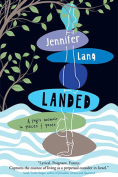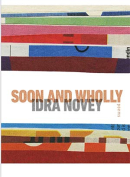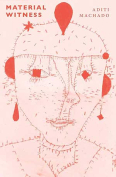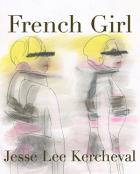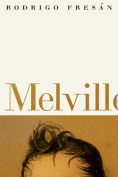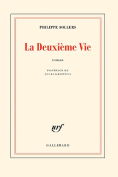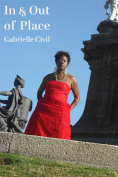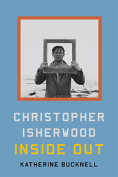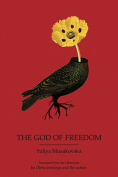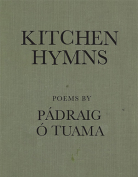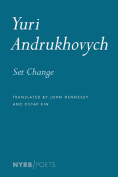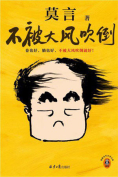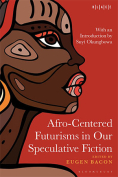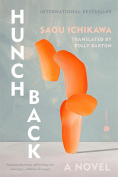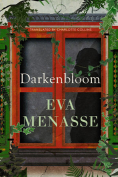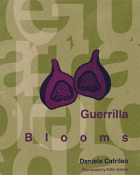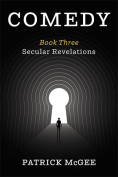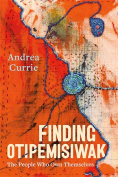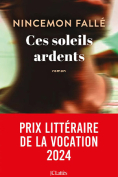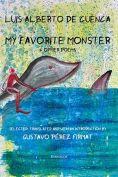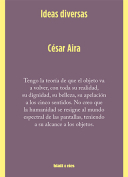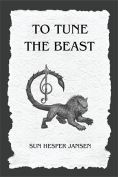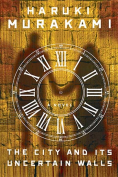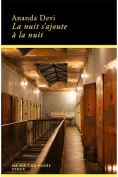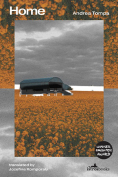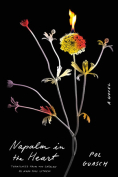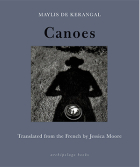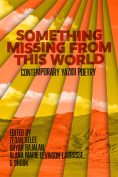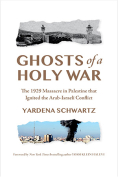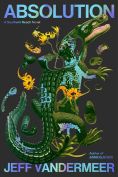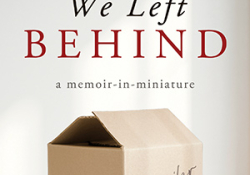Landed: A Yogi’s Memoir in Pieces and Poses by Jennifer Lang
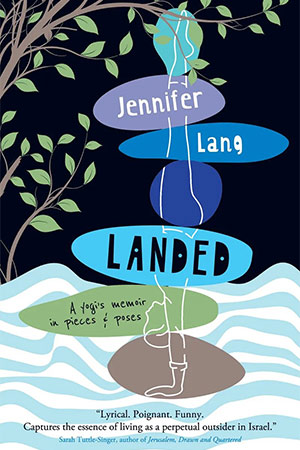
Athens. Vine Leaves Press. 2024. 305 pages.
Landed can be read as the sequel to the author’s powerful debut, Places We Left Behind: A Memoir-in-Miniature (2023), but can also be fully enjoyed on its own. While Lang’s first memoir centers on the challenges of her peripatetic life and navigating her family’s opposed interests, her second delves deeper into the inner conflicts that result from making compromises in complicated times.
“Son chose the army over college in America; Daughters won’t have that option,” Lang writes about moving to Israel with her teenage children in 2011. “Mari and I understood the implications of our move for our girls—as citizens, they’d be obligated to serve—but we never explained it.”
As though to compensate for keeping this serious consequence a secret from her daughters, Lang convinces her husband to give them religious freedom. They get to decide whether to observe Shabbat like him or be an assimilated nonbeliever like her. The city where they live, Ra’anana, is as divided as Lang’s family: half secular, half observant. Even within Lang, there’s a split. She feels like a poser when attending services with her family with her mind roaming elsewhere.
In unconventional, sharply written vignette chapters that cover seven years (2011–18), Lang flashes back and forth between crucial family scenes and transformative yoga experiences, between losing herself and pulling herself together to brave greater threats. When three kidnapped Jewish boys are found murdered, the chain reaction of violence starts again between Israel and Hamas, hurting civilians on both sides. Each time the sirens blare as a warning for incoming missiles, Lang’s life comes to a halt.
How should we react to terror that’s here to stay? Lang and her family members respond with stubborn resilience or temporary denial. With self-defense lessons in the synagogue’s social hall and learning how not to get stabbed. With being drafted into the army and learning how to kill. With bodily inversions and heart-opening exercises that encourage relativity and gratitude. “Our anguish pales compared to the loss of a child or of a teen recruit or of a civilian in the wrong place at the worst time,” writes Lang.
But is yoga enough to quiet a mind worried by acts of war? Can you contemplate transitions, get siren-scared into a shelter, listen for the muted boom, an explosion far away, and return to the mat unfazed? Lang certainly tries. Making peace with Israel as her home may be too much to ask, but in her moving memoir, a truce within her family and herself seems within Lang’s reach.
Claire Polders
Earth
